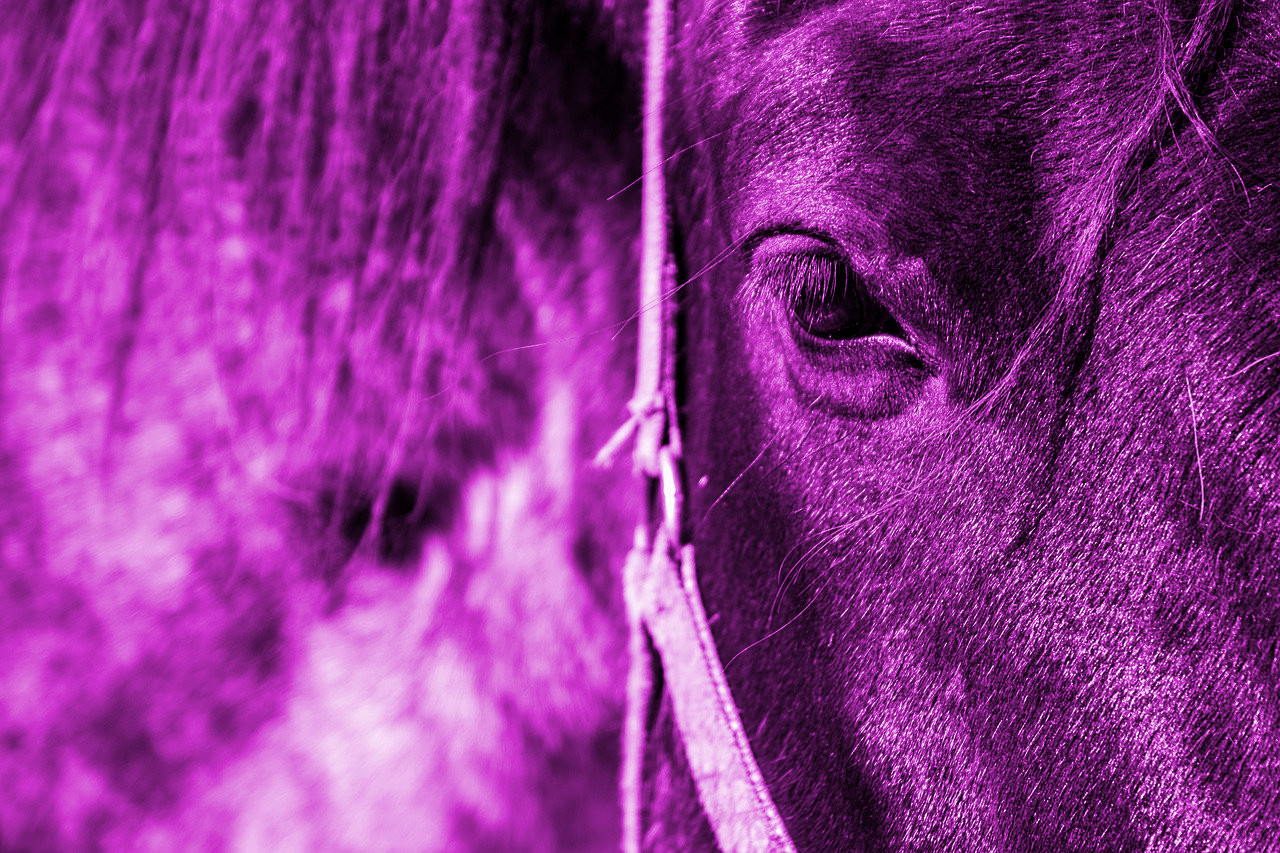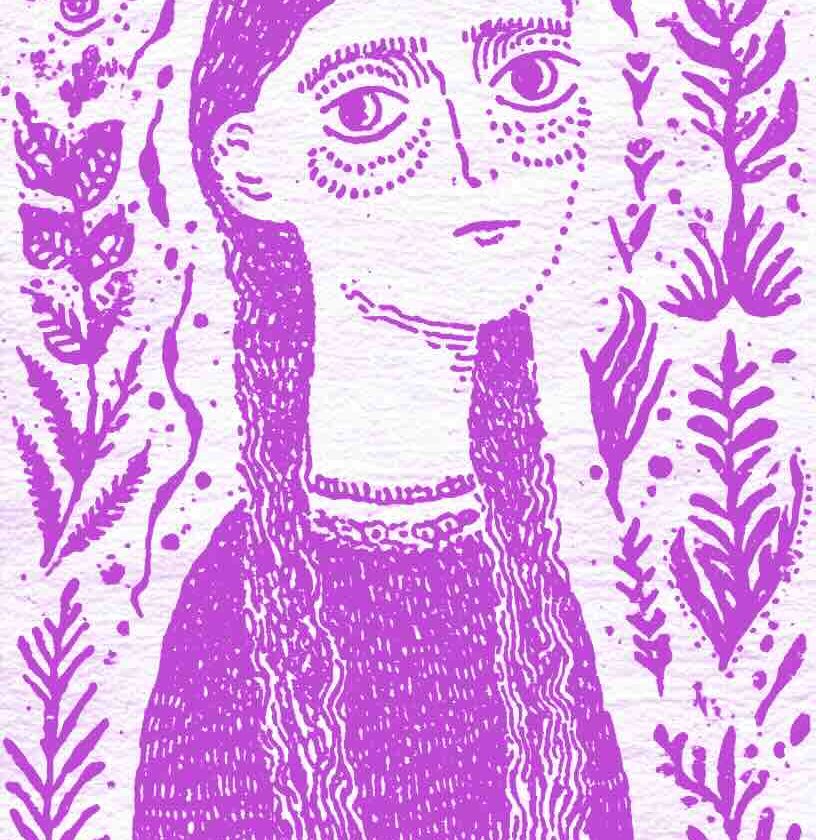You can get closer to someone because a moment of joy has created a positive memory for each other. However, it is not uncommon that it is not joy that unites us, but rather the experience of a shared suffering even if it was lived in a different context. Why do you think the cicada and the ant cannot be friends in the Fountain’s fable? It is simply that the experience of austerity lived by the ant is the antithesis of the carefree way in which the cicada basked in the summer. However, if the cicada survives the winter, it is likely that the following year it will feel closer to the ant as long as it does not have a grudge against it. Indeed, both will have undergone a period of suffering, one winter and one summer, during which they will have learned to bend their spines. This similar experience creates a fertile ground for the establishment of a deep bond between two individuals that everything seems to oppose in appearance.
The experience of shared suffering is what unites people when the veil that covers their relationship is removed. This explains why there is greater cohesion in a group that shares a common history, whether at the level of a nation or a minority. The problem is that we identify exclusively with the suffering we have been subjected to. This selective empathy prevents us from creating a bond with different groups. Yet the experience of suffering is the common point of all living beings.
Having the ability to draw on our own suffering to develop empathy with beings who are different from us is the key to spreading universal benevolence. If we are able to not systematically prioritize our suffering while recognizing deep within ourselves the pain of our neighbor, then we will be able to begin to love them because our differences will have magically blurred. This other that I see will no longer be a reflection of myself, and who else but myself deserves our consideration the most?










